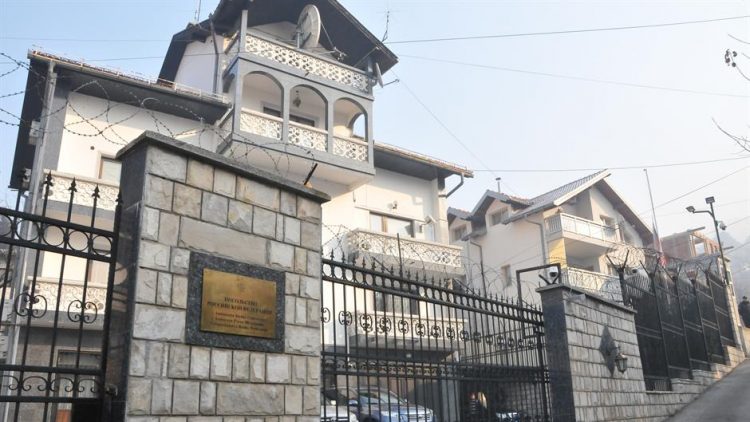
Russia rejected the statement of the Peace Implementation Council (PIC) which oversees the implementation of Bosnia’s 1995 Dayton Peace Agreement, arguing that the parliament of BiH’s Republika Srpska (RS) entity has the right to reject the ban on genocide denial the international administrator imposed in the country last week.
On Saturday, the Ambassadors of the Peace Implementation Council (PIC) strongly condemned the “escalation of tensions by some political leaders” in BiH, noting that the recent decisions of the RS National Assembly “undermine stability and impede effective government.”
Russia noted that it does not agree with the statement.
The outgoing High Representative tasked with overseeing the civilian aspects of the implementation of the Dayton Agreement in Bosnia, Valentin Inzko, used his special powers last week to introduce amendments to the BiH’s Criminal Code which sanction the glorification of war criminals convicted by final and binding judgments, as well as the denial of genocide, crimes against humanity and war crimes.
Germany’s Christian Schmidt is to take over the post of High Representative on August 1.
Political leaders in the RS decided on Monday that members of their parties will not participate in the work of BiH institutions “until the issue is resolved.” On Friday, the RS National Assembly formally rejected Inzko’s new law.
The Russian Embassy said that Inzko ended his term on May 1 and thus “did not have any authority to amend the Criminal Code.”
According to a statement by the Russian Embassy, Inzko’s term ended on May 27 and the position of High Representative has been vacant since then.
“All those who intend to cooperate with the citizen of the Federal Republic of Germany, Christian Schmidt, who calls himself the High Representative, do so at their own risk, because he does not have the necessary mandate of the UN Security Council,” the Embassy said.
It also said that Russia has always opposed the use of the Bonn Powers, arguing that “even their broadest interpretation” did not entitle Inzko to “interfere in the activities of the legislature.”
“Moreover, the borad interpretation of the “Bonn powers” (so-called “other measures”, Part XI, paragraph 2, item c) leads to the fact that Valentin Inzko has the right to take a Kalashnikov, go to Banja Luka and shoot all members of the National Assembly of Republika Srpska. And according to his interpretation of the “Bonn powers”, he would be right! Does Bosnia and Herzegovina need such a High Representative?” the Embassy said.
As for the decision of the RS National Assembly, the Embassy argued that it was made by a legally elected democratic body and is thus legitimate.
It also said that the PIC Steering Board should have nothing to do with the implementation of the 14 key priorities the European Commission defined for Bosnia to focus on in the country’s efforts to achieve EU candidate status.
The PIC BiH also said that it continues to support the authority and role the High Representative will play in BiH “until the 5+2 conditions for BiH’s graduation from international supervision are complete.”
Russia strongly disagrees with the “infamous 5 + 2 programme,” especially the part that says a “positive assessment” of the High Representative is required, the Embassy said.
“Valentin Inzko's latest decision has clearly and convincingly shown that the Office of the High Representative is the main creator of destabilization in Bosnia and Herzegovina, and it is doing so deliberately. Because it was clear to everyone what reaction would follow after this reckless step.
Moreover, the OHR is heating up the situation not only in BiH, but in the entire region. The question arises – is it possible in such conditions to imagine that someone in their right mind would decide to positively assess the situation in BiH?” it said.
The Embassy said that Russia considers the Office of the High Representative to be “a brake” in the development path of BiH and insists on its unconditional closure.

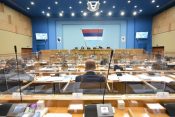
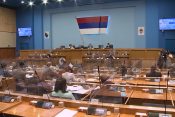
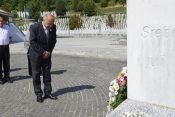



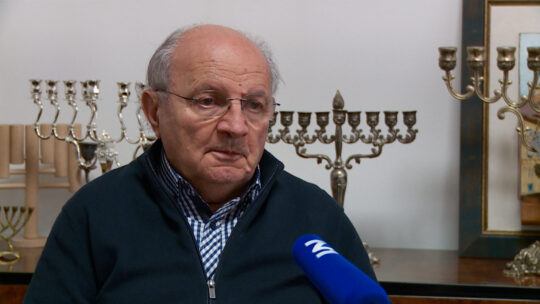
Kakvo je tvoje mišljenje o ovome?
Budi prvi koji će ostaviti komentar!